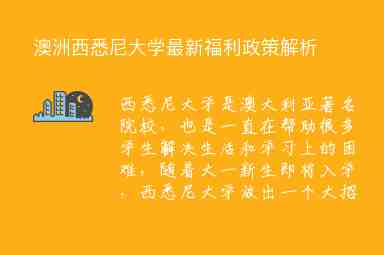form是一个英语单词,意为“形式;表格;种类”。它可以作为名词、动词和形容词使用,具体用法如下:
一、怎么读(音标)
form的读音为/fɔːrm/,其中f为清辅音,ɔː为长元音o,r为浊辅音,m为鼻音。重读在第一个音节上。
二、用法
1. 名词
(1) 指事物的外形或结构:The clouds took the form of a dragon.(云朵变成了一条龙的形状。)
(2) 表格或文件:Please fill out this form and return it to the office.(请填写这张表格并交回办公室。)
(3) 种类或类型:There are many different forms of art.(有许多不同的艺术形式。)
2. 动词
(1) 形成;构成:The rain formed puddles on the ground.(雨水在地上形成了水坑。)
(2) 塑造;塑造出:Her experiences have formed her into a strong and independent person.(她的经历塑造了她成为一个坚强独立的人。)
(3) 制作;制定:We need to form a plan before we start the project.(我们需要在开始项目前制定一个计划。)
3. 形容词
形式上的;外观上的:The form of the building is very unique.(这座建筑的形式非常独特。)
三、例句1-5句且中英对照
1. The teacher asked the students to fill out a form with their personal information.(老师要求学生们填写一张个人信息表格。)
2. The caterpillar will eventually form a cocoon and turn into a butterfly.(毛毛虫最终会形成一个茧,变成蝴蝶。)
3. The different forms of government have their own advantages and disadvantages.(不同的政体有各自的优缺点。)
4. The artist used various forms of media to express his ideas.(艺术家使用了多种媒介来表达他的想法。)
5. Please form a line and wait for your turn to enter the museum.(请排队等候,轮流进入博物馆参观。)
四、同义词及用法
1. shape:指外观或轮廓,强调物体的整体结构或形状。
2. type:指某一类别或种类,强调分类。
3. structure:指事物内部组织或构造,强调组成部分之间的关系。
4. pattern:指重复出现的形式或模式,常用于描述图案或规律。
五、编辑总结
form是一个常用的英语单词,可以作为名词、动词和形容词使用。作为名词时,它可以指事物的外形、表格或种类;作为动词时,它可以表示形成、制造或塑造;作为形容词时,它可以指形式上的或外观上的。同义词包括shape、type、structure和pattern。在使用时,需要根据语境来选择合适的词汇。


